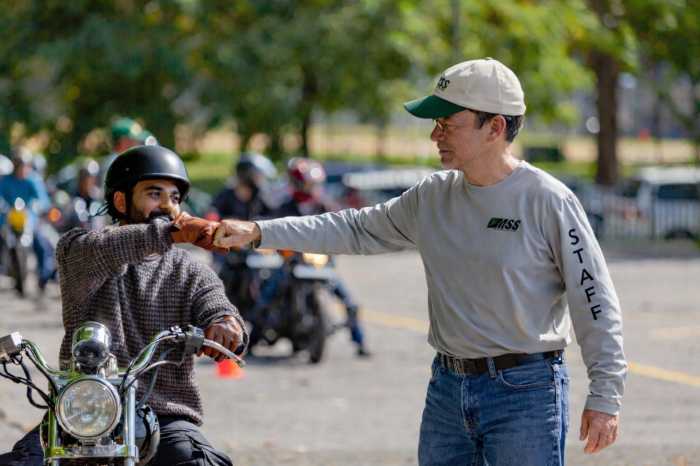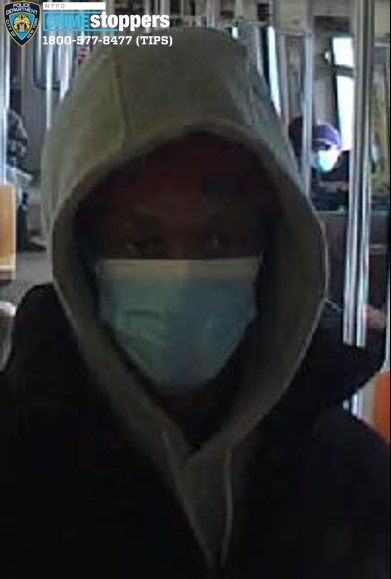Of course you’ll be hit with interest and fees that would make legitimate banks blush, that is if the bank doesn’t issue similar credit cards with abhorrent interest rates.
There are all sorts of dangers having and using plastic instead of money and also in using plastic to get your green money. Case in point: a young couple had to wait six months to get their $5,000 returned that was stolen from their checking account by a thief through the well-known, much-televised 24-hour bank’s ATM. Even though it was proven that the same thief had hit other branches of the bank as well, the bank forced the young couple to go to court to retrieve their money.
So in this modern day of technology where on site 24-7 cameras are purported to prevent such thefts, if the bank doesn’t accept the responsibility of the loss, then we’re all up the proverbial creek. Too bad the dishonest ones have the latest technology to continue their lucrative thievery.
Be careful with your ATM card, make sure you are out of range of spying eyes, electronic devices and binoculars or be prepared to be without your money for a long time until you win in court, because the banks aren’t cooperating!
A corporate attorney sent the following out to the employees in his company. So I’m relaying it to you, verbatim:
“1. Do not sign the back of your credit cards. Instead, put ‘PHOTO ID REQUIRED.’
2. When you are writing checks to pay your credit card accounts, DO NOT put the complete account number in the memo line. Instead, just put the last four numbers. The credit card company knows the rest of the number, and anyone who might be handling your check as it passes through all the check processing channels won’t have access to it.
3. Put your work phone number on your checks instead of your home phone. If you have a post office box, use that instead of your home address. If you do not have a PO Box, use your work address. Never have your Social Security number printed on your checks. You can add it if it is necessary. But if you have it printed, anyone can get it.
4. Place the contents of your wallet on a photocopy machine. Do both sides of each license, credit card, etc. You will know what you had in your wallet and all of the account numbers and phone numbers to call and cancel. Keep the photocopy in a safe place.
I also carry a photocopy of my passport when I travel either here or abroad.
Unfortunately, I have first-hand knowledge because my wallet was stolen last month. Within a week, the thieves ordered an expensive monthly cell phone package, applied for a VISA credit card, had a credit line approved to buy a computer, received a PIN number from the DMV to change my driving record information online, and more.
But here’s some critical information to limit the damage in case this happens to you or someone you know: 5. We have been told we should cancel our credit cards immediately. But the key is having the toll-free numbers and your card numbers handy so you know whom to call. Keep those where you can find them.
6. File a police report immediately in the jurisdiction where your credit cards, etc., were stolen. This proves to credit providers you were diligent, and this is a first step toward an investigation (if there ever is one).
But here’s what is perhaps most important of all: (I never even thought to do this.)
7. Call the three national credit reporting organizations immediately to place a fraud alert on your name and also call the Social Security fraud line number. I had never heard of doing that until advised by a bank that called to tell me an application for a credit card was made over the Internet in my name.
The alert means any company that checks your credit knows your information was stolen, and they have to contact you by phone to authorize new credit.
By the time I was advised to do this, almost two weeks after the theft, all the damage had been done. There are records of all the credit checks initiated by the thieves’ purchases, none of which I knew about before placing the alert. Since then, no additional damage has been done, and the thieves threw my wallet away this weekend (someone turned it in). It seems to have stopped them dead in their tracks. Now, here are the numbers you always need to contact if your wallet has been stolen:
1.) Equifax: 1-800-525-6285,
2.) Experian (formerly TRW): 1-888-397-3742,3.); Trans Union: 1-800-680 7289;
4.) Social Security Administration (fraud line): 1-800-269-0271.”
Screech at you next week!























